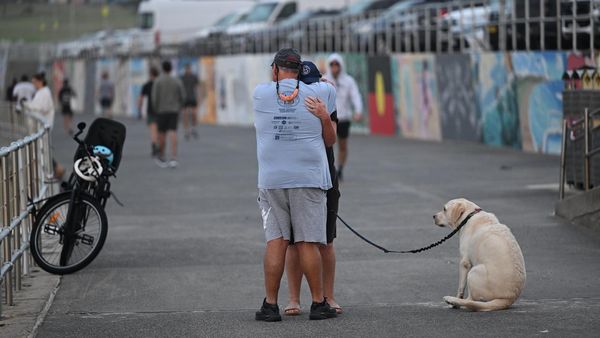Nigeria’s ruling party candidate, Bola Tinubu, was on Wednesday declared winner of the presidential election, after defeating two of his closest rivals in the most competitive election for decades.
Tinubu’s victory after the weekend vote signalled the continued dominance of the established political elite in Nigeria. Analysts had described the poll as a potential “inflection point” for Africa’s most populous country, which is struggling with economic turmoil, widespread violence and corruption.
The Independent Nigerian Election Commission (Inec) announced final results early on Wednesday, after a chaotic count lasting almost four days.
Though Tinubu’s victory appears to reinforce the ruling All Progressives Congress (APC) party’s grip on power, the count showed that reformist candidate Peter Obi overcame a lack of resources and weak organisation to make big gains.
Nigeria’s new president-elect defended the integrity of the election, and called on citizens to unite after a bitter dispute over results opposition parties said were flawed.
“I am very happy I have been elected the president of the federal republic of Nigeria,” Tinubu said to cheers in Abuja. “This is a serious mandate. I hereby accept it.”
Tinubu’s victory was conclusive, with 8.79m votes won by the 70-year-old veteran, putting him well ahead of main opposition challenger Atiku Abubakar’s 6.98m. Obi, who won 6.1m votes, surprised many by winning in both Lagos, Nigeria’s biggest city and commercial powerhouse, and the federal capital, Abuja.
Tinubu has long been known as a “political godfather” with immense and invisible influence. After emigrating to the US, where he was a taxi driver to fund studies in business administration, Tinubu worked as a management consultant. He returned to Nigeria and became involved in politics in the 1990s during the last years of the military regime.
When democracy returned in 1999, Tinubu won elections to become governor of Lagos where he is credited with a crackdown on organised crime and tackling the city’s appalling traffic. Tinubu, who is extremely wealthy, also established extensive patronage networks that have underpinned his political power ever since, experts say. His support for outgoing Muhammadu Buhari was critical.
Tinubu’s campaign slogan – “It’s my turn” – was seized on by critics as evidence of a sense of entitlement. Opponents also said appearances where Tinubu slurred his words suggested health problems. His exact age is contested.
However, within a day of the polls closing, APC officials and ministerial aides were privately expressing confidence in victory.
Observers have contrasted Tinubu with Obi, an energetic and frugal 62-year-old businessman, who reached across the country’s faultlines to woo voters from all communities and ran a slick social media campaign to attract the young.
The voting on Saturday was mostly peaceful, but was troubled by long delays at many polling stations, while technical hitches disrupted the uploading of results to a central website, fuelling concerns over vote rigging.
On Tuesday, Nigeria’s main opposition parties called for the presidential election to be scrapped, alleging that results showing the ruling party’s candidate in the lead had been manipulated.
Election officials said the results had been fully authenticated and government loyalists accused the opposition of fomenting “lawlessness and anarchy”.
International observers have also criticised Saturday’s vote, which was largely peaceful despite expectations of widespread chaos and violence. A team of observers led by Joyce Banda, the former president of Malawi, said delays on voting day, which led to many polling stations opening hours late, meant the election “fell well short of Nigerian citizens’ reasonable expectations”.
An EU mission said the failures “reduced trust in the process and challenged the right to vote”.
Speaking on Wednesday, Tinubu said, “the lapses that were reported, they were relatively few in number and were immaterial to affect the final outcome of the election.”
The president-elect’s supporters pointed to Tinubu’s power base of Lagos to refute allegations of vote rigging.
After eight years of drift and disappointment under outgoing president Muhammadu Buhari, voters hope for firm action to deal with Nigeria’s multiple intersecting crises: economic turmoil, extremism and criminality affecting much of the country. In recent weeks, a botched effort to replace almost all Nigeria’s banknotes has caused massive economic disruption and much anger.
Despite often pessimistic forecasts, analysts point out that seven elections have been held in succession in Nigeria and say some Nigerian democratic institutions are growing stronger. That none of the main candidates in 2023 were former military officers – a first for a Nigerian poll – is also viewed as an achievement.
There have been concerns raised, however, about the limited number of women contesting.
Evin Incir, the head of delegation of the European parliament, said: “I wish to express my concern that less than 10% of candidates were women. The next government and parliament should heed to the manifestos of the main political parties of Nigeria, which call for affirmative action, such as quotas.”







